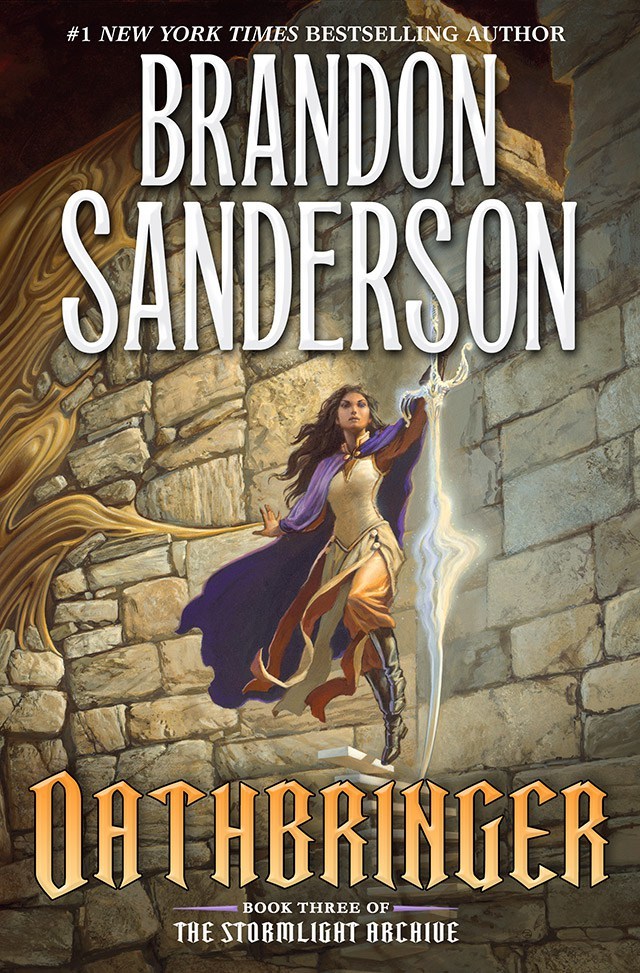Colton Gentry's Third Act by Jeff Zentner, 389 pages
Colton Gentry is a country music singer whose recent hit, "Honeysuckle Summer," has given him a second chance at stardom. But he's also grieving the loss of a good friend who was killed in a mass shooting at a music festival. So when he drunkenly goes off on America's gun culture while onstage, Colton swiftly finds himself kicked out of country music. And since his pop star wife has left him for a hockey player, Colton has nothing to do but go home to the tiny town of Venice, Kentucky, after finishing rehab. Imagine his surprise when he finds out that the single fine-dining restaurant in town is run by his high school sweetheart, Luann — AKA the woman who inspired "Honeysuckle Summer" — and that she's willing to give him a job in her restaurant's kitchen to help him get back on his feet.
While there are pieces of this that seem unlikely (mainly the two main characters being good at literally everything they do, from sports to singing to architecture to cooking fancy meals), I really appreciate the realism of Colton's struggle with alcoholism and his uncomfortable return home. This story is full of heart, humor, and coming to terms with who you are when you think you have nothing left. An excellent book (even if, like me, you can't stand country music).













































